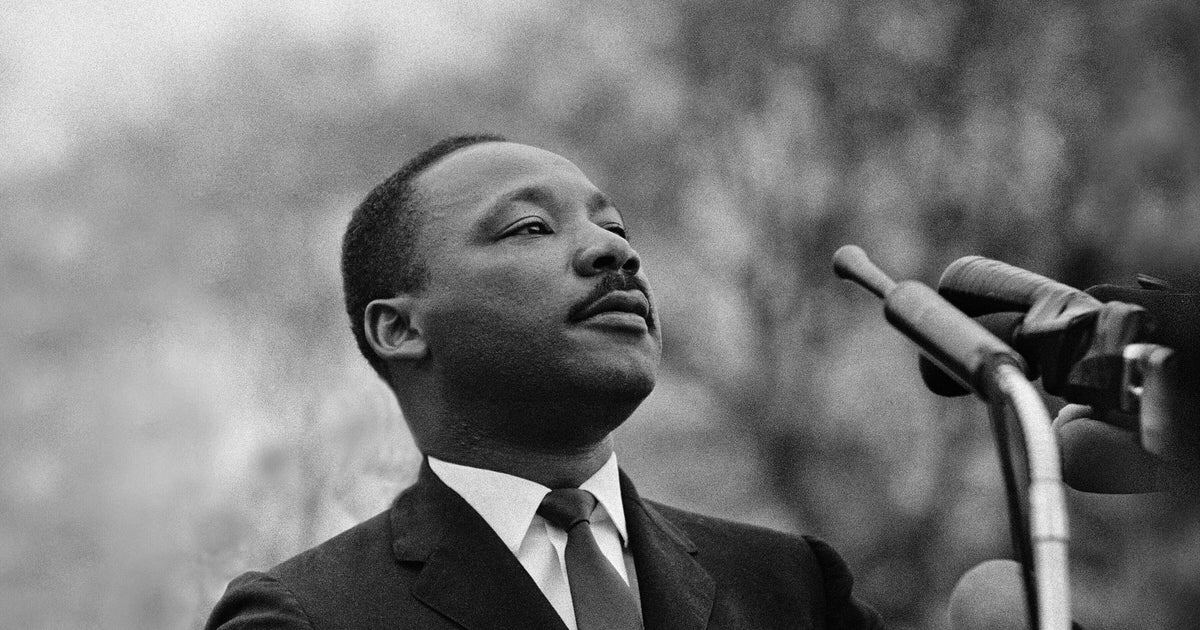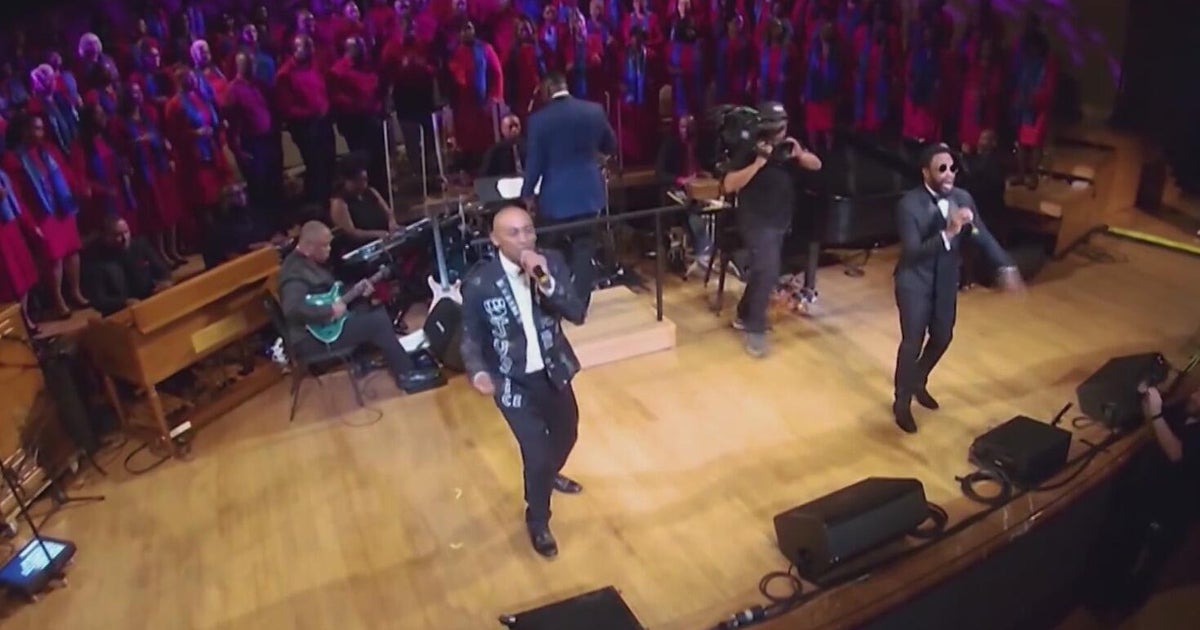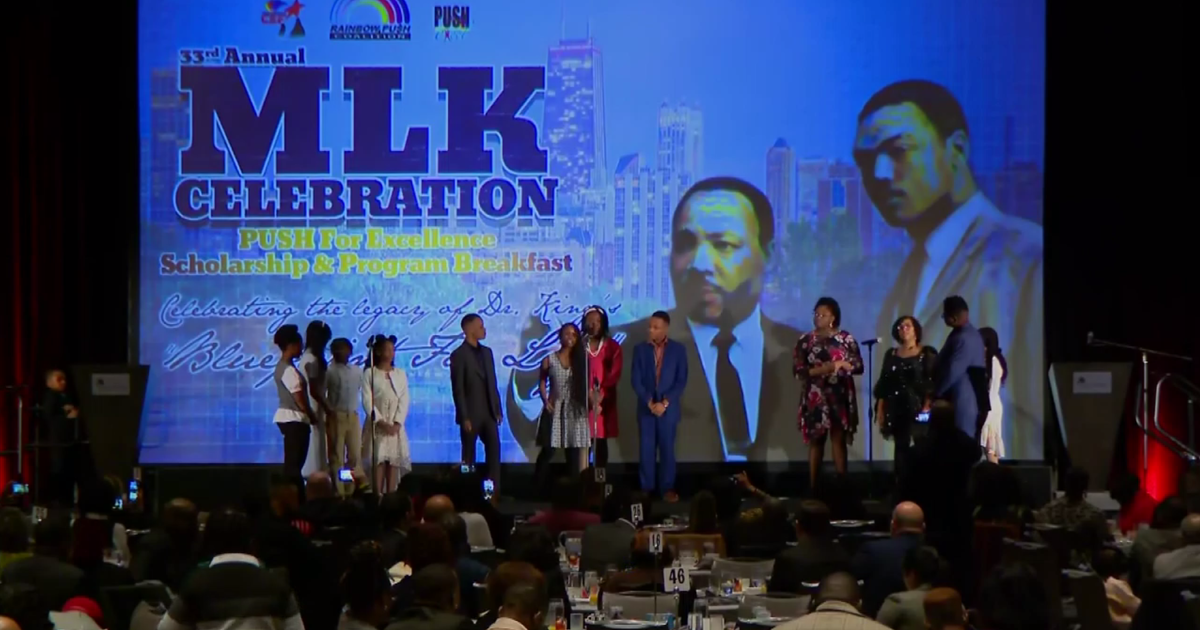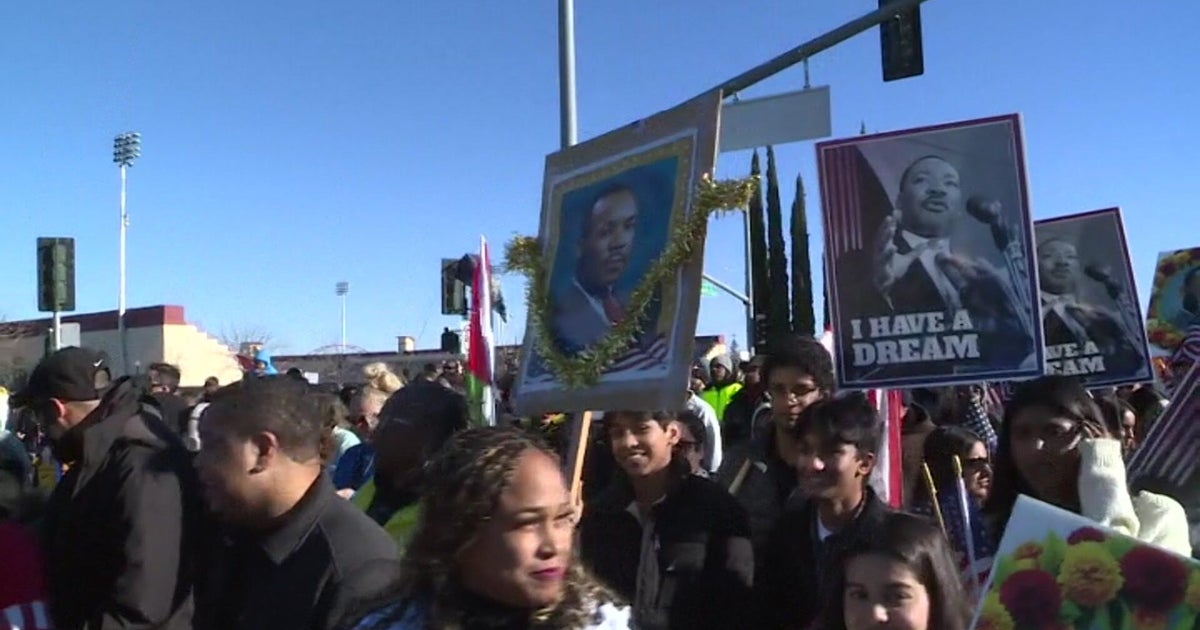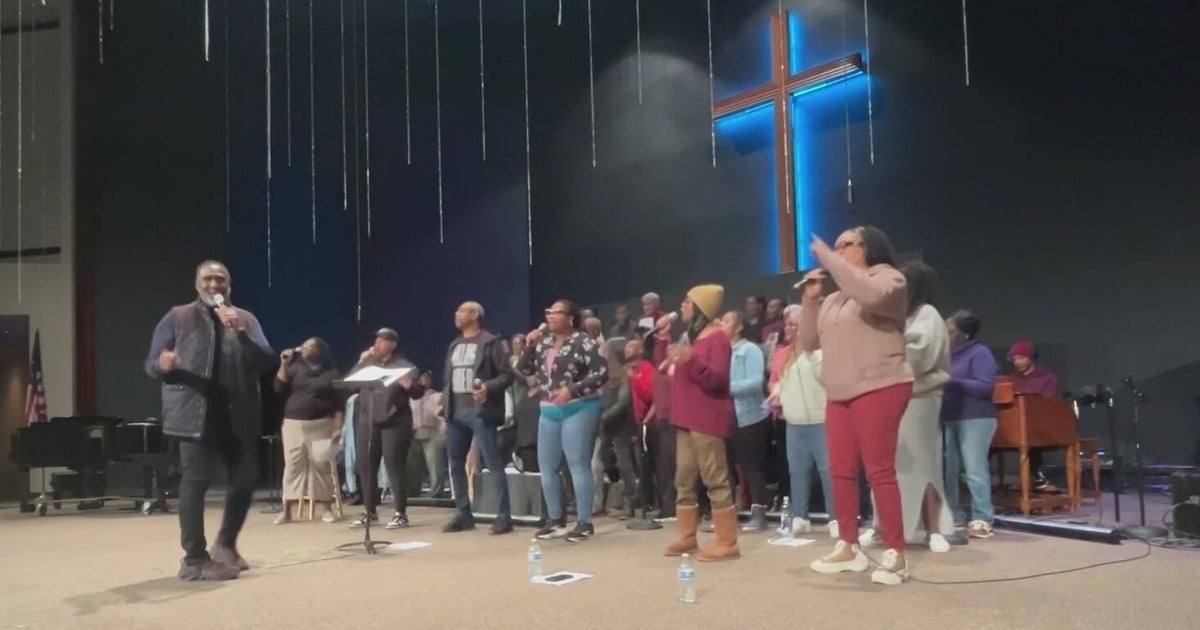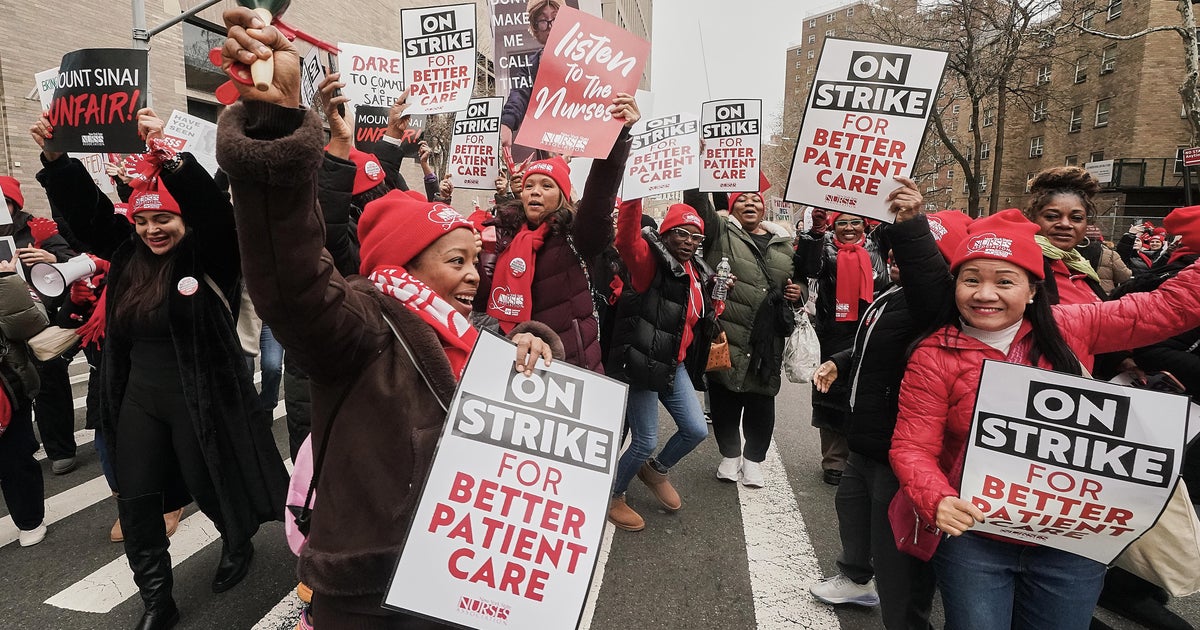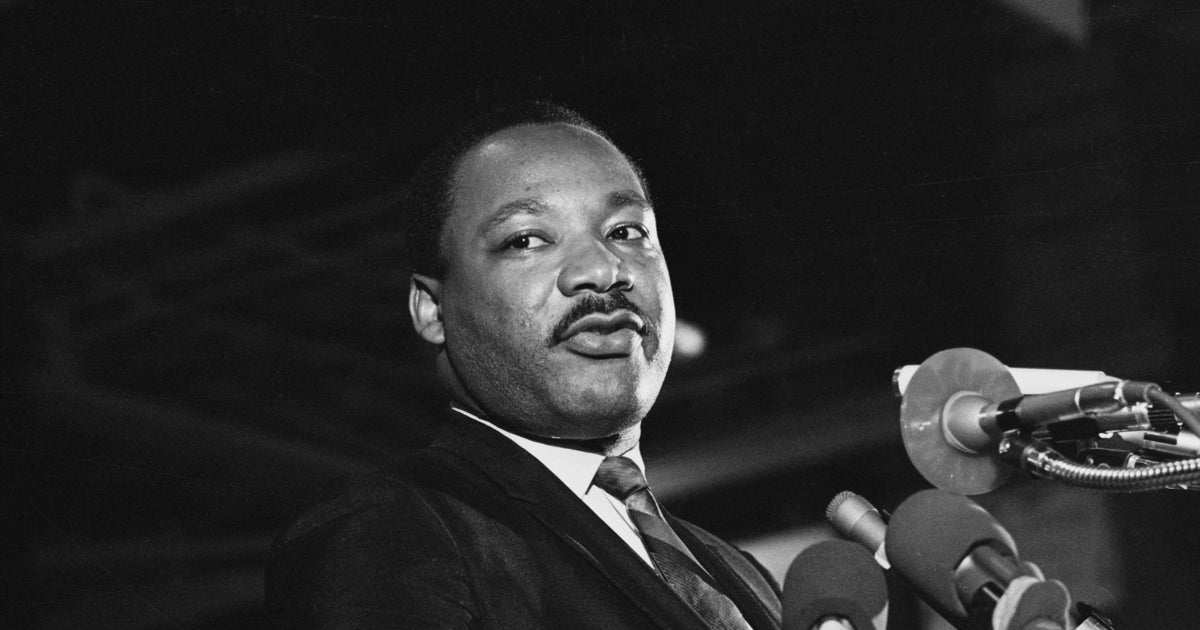Broward resident, Birmingham Bombing survivor recalls killing of 4 girls
MIAMI - Broward County resident and Birmingham Bombing survivor, Earl Davis recalls the year when "everything happened."
Back in 1963, the nation, especially the South was in turmoil.
"The tension was so thick in Birmingham, it was difficult for us to go anywhere at night," recalls Davis.
Civil Rights was the major issue and the cry for equality was certainly on the streets, especially in Alabama.
Dr. Martin Luther King had targeted Birmingham as the centerpiece of the Civil Rights Movement.
The pushback from locals was intense. There were fires, bombings, and violent demonstrations.
Davis is quick to say, "There was so much going on at that time, there was just hatred going everywhere."
1963 was the year of the Birmingham Riots, the March on Washington with the "I Have a Dream Speech," President John F. Kennedy's assassination and the Ku Klux Klan bomb that killed 4 little girls inside Birmingham's 16th Street Baptist Church.
Davis, survived the bombing that day. It injured 14 and to the horror of a nation, now seeing media coverage of the strife on a regular basis, four little girls died in the blast on September 15 of 1963.
Davis says, "We just knew it was a bomb because we in Birmingham had gotten used to the bombing. It changed my life. it took me years to talk about it."
The pictures of the four youngsters gripped the nation.
The Birmingham Police Department's dogs and fire hoses were one thing, but the Klan killing little girls went over the line, even for those who had reservations about civil rights legislation.
Davis recalls, "Because it was the young girls, had it been me, it would not have changed anything. I would have been just another "Black man dead. Because it was young girls that made the difference."
Summer of 1963 and the Kennedy Administration was all in on a massive civil rights bill.
JFK would never see it passed. President Lyndon Johnson jammed it through Congress, in part, propelled by the memory of four innocent kids who were just getting ready for Sunday school.
At the scene that September day, rescue workers could not find the four young victims.
Suddenly, hours later, a horrific sight for one of the rescue workers. According to Davis, "He bumped up against a couch where I used to sit. It was plastered against the wall. The four little girls were sitting on that couch. As he bumped up against it and the couch fell from against the wall and there were the little girls - all four. I saw that and I just started running."
The Birmingham Bombing was certainly a watershed event in the Civil Rights Movement here in the United States and certainly made the general public across this nation aware of the struggle Blacks faced across the South.

